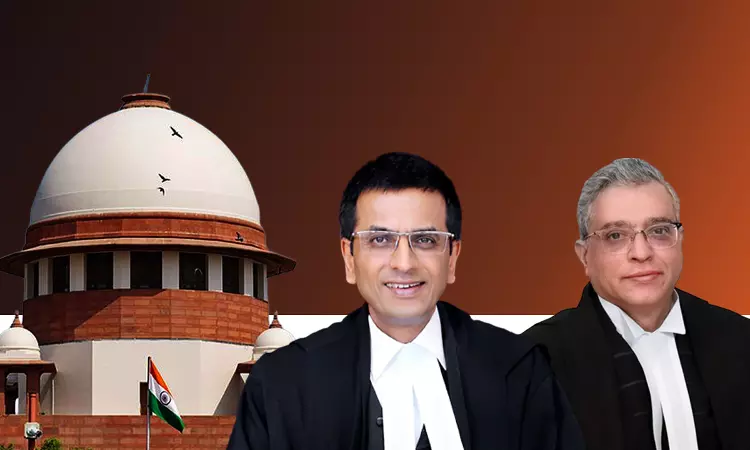The Supreme Court on Friday clarified that its judgment, which mandated that borrowers should be heard by banks before their accounts are classified as fraudulent in terms of the RBI master circulars, did not mean that they should be personally heard.Opportunity of hearing does not mean personal hearing, said the bench comprising Chief Justice of India DY Chandrachud and Justice PS Narasimha....

